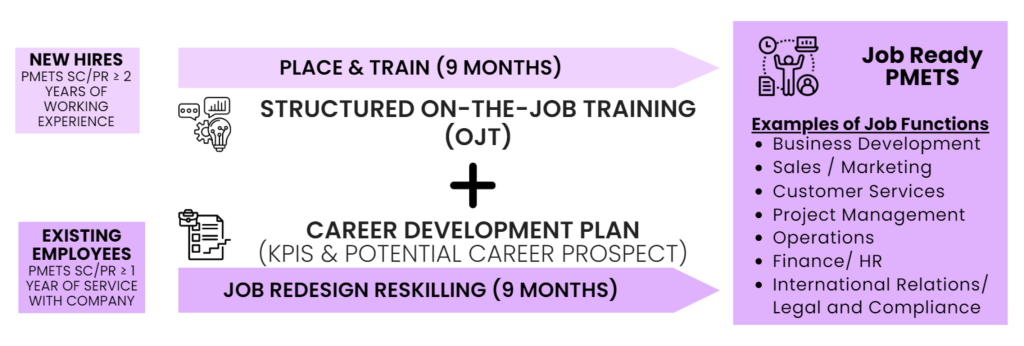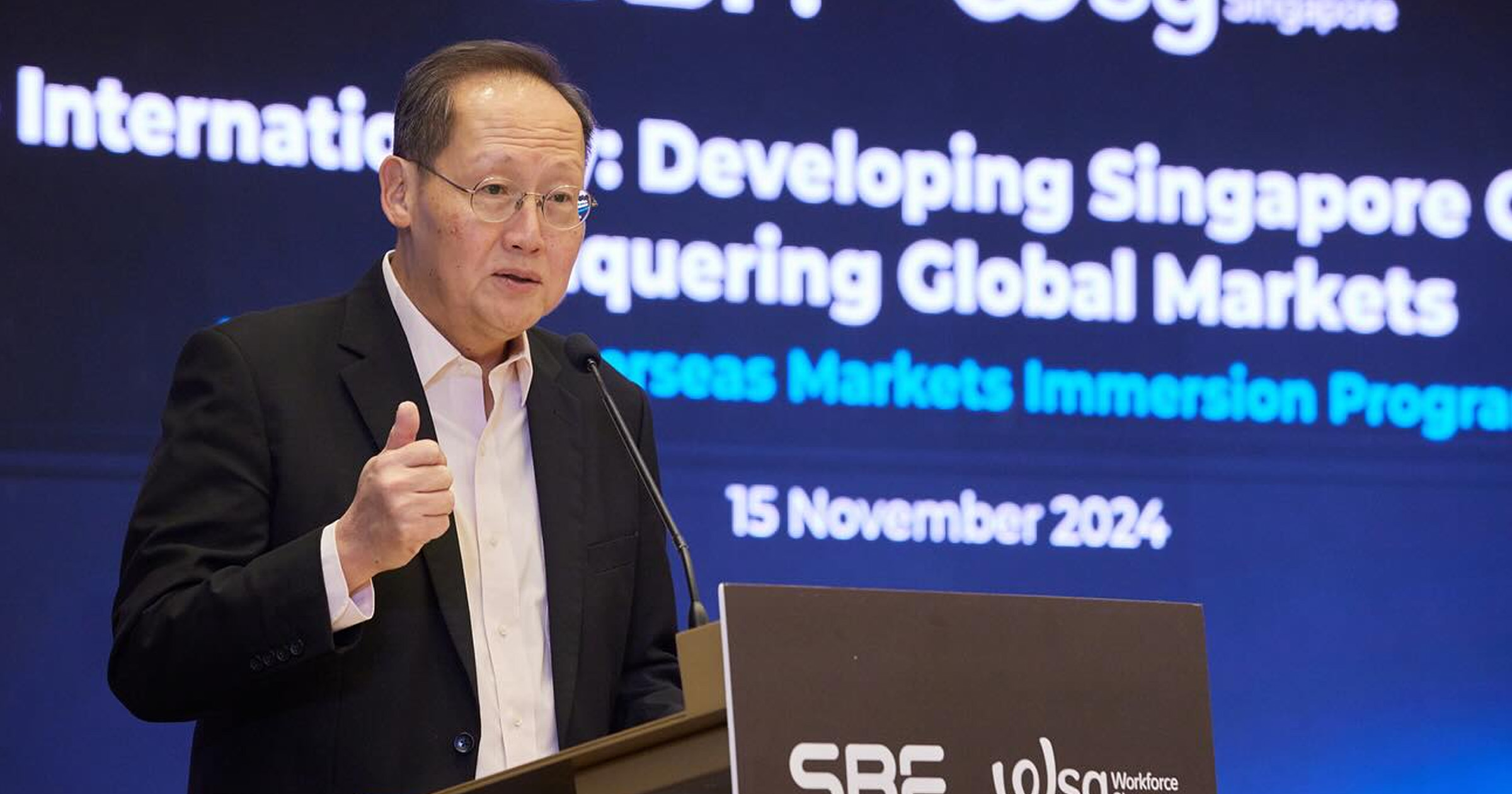Disclaimer: Unless otherwise stated, any opinions expressed below belong to the author.
Of course there are caveats to the offer (more on them in a second, but in a globalised world, gaining international experience at work is a prerequisite to career progression—especially in a place like Singapore, whose economy depends on its links with the rest of the planet.
However, getting that experience is not easy, as it requires leaving your country in search of opportunities abroad, which is both risky and difficult.
On the other hand, without a foreign stint in your CV, you are bound to hit a ceiling in any major company but since it’s an investment to send an employee abroad, not everybody can hope to qualify.
Well, this is now being made easier with the Overseas Markets Immersion Programme (OMIP) announced by the Ministry of Manpower last week.
Under the scheme, the government will cover up to 70% of your monthly salary (capped at S$5,000) and just as much of monthly relocation allowance (capped at S$3,000) for nine months if your company qualifies.
That’s a maximum of S$72,000, which should incentivise businesses to send Singaporeans abroad provided that the company has such an ability (the scheme is available to citizens and PRs with little to no experience in the target market).

Yes, the main caveat is that you can’t just go by yourself—you have to be sent by your employer, though in Singapore, it still applies to a significant portion of the society.
Qualifying criteria
The requirements for participation are, fortunately, not overly restrictive and are meant to merely ensure that the programme serves its purpose and is not a taxpayer-paid trip with little impact on your job.
“The OMIP supports companies that are interested in overseas expansion to reskill employees with little to no overseas experience in the market, supporting companies to invest in their employees’ development and ultimately enhance the companies’ global mobility.”
Participating companies must be:
- Registered or incorporated in Singapore
- Committed to work with Workforce Singapore or its appointed partner on the necessary administrative matters related to the programme
- Have clear market expansion/business transformation plans with defined KPIs
- Develop a training plan addressing skill/knowledge gaps for the target market
As for individuals, there are two paths to follow: one for new hires in the middle of their careers and another for current employees that the company wishes to invest in.
Eligibility criteria for mid-career individuals (new hires):
- In full-time permanent or contract position, with a minimum fixed monthly salary of at least S$4,000
- Clearly defined job role for the identified market, with delineated differences from previous roles
Eligibility criteria for job redesign re-skilling (existing employees):
- In full-time permanent or contract position, with a minimum fixed monthly salary of at least S$4,000
- Employed by the company for at least one year at the time of application
- Detailed career development plan outlining progression over 24 months, along with quantifiable short-term KPIs to be achieved after training
- Identified business-related short-term KPIs and outcomes post-training

Your employer will work with the Singapore Business Federation to create customised training plans which include on-the-job training, optional classroom training, or both, depending on the company’s requirements. At least six months must be based overseas (one identified country) on relocation basis.
To succeed in Singapore, you should leave it first
I come across complaints about foreign employees outranking local Singaporeans quite often, which seems to breed resentment against expatriates. The reality is, however, that to succeed in Singapore—at least when it comes to international corporations—you have to leave it first.
Now, this may seem to be a paradox, but the reason for it is that none of the big companies have come to the city-state to do business here, but rather, to use it as a hub to do business everywhere else.
The local market is relatively small so, no matter how much experience you have, it’s usually not enough to be of major contribution to your employer. There’s a limit that only leaving the country before returning to it can remove.
To that end, spending nine months abroad should be a major boost, as it’s long enough to be meaningful but not so long as to lead to your detachment from Singapore.
Plus, I think it could also help the participants to appreciate just how good living and working here is compared to just about every other location on the planet. That alone can impact your perspectives—both at work and your personal life—very significantly.
Most importantly, the programme should genuinely help all Singaporeans whose ambition is to get promoted to a major position in a global business, but who have not had this chance earlier in their career or believe they were passed over by a foreign colleague.
A 70% salary subsidy is going to be hard to ignore by your employer, providing major advantage over expatriate hires.
If both you and your company qualify, you should seek to take advantage of the offer, as it’s the most significant boost to your resume you can add in the middle of your career.
- Read other job-related articles we’ve written here.
Featured image: Dr Tan See Leng / Facebook

